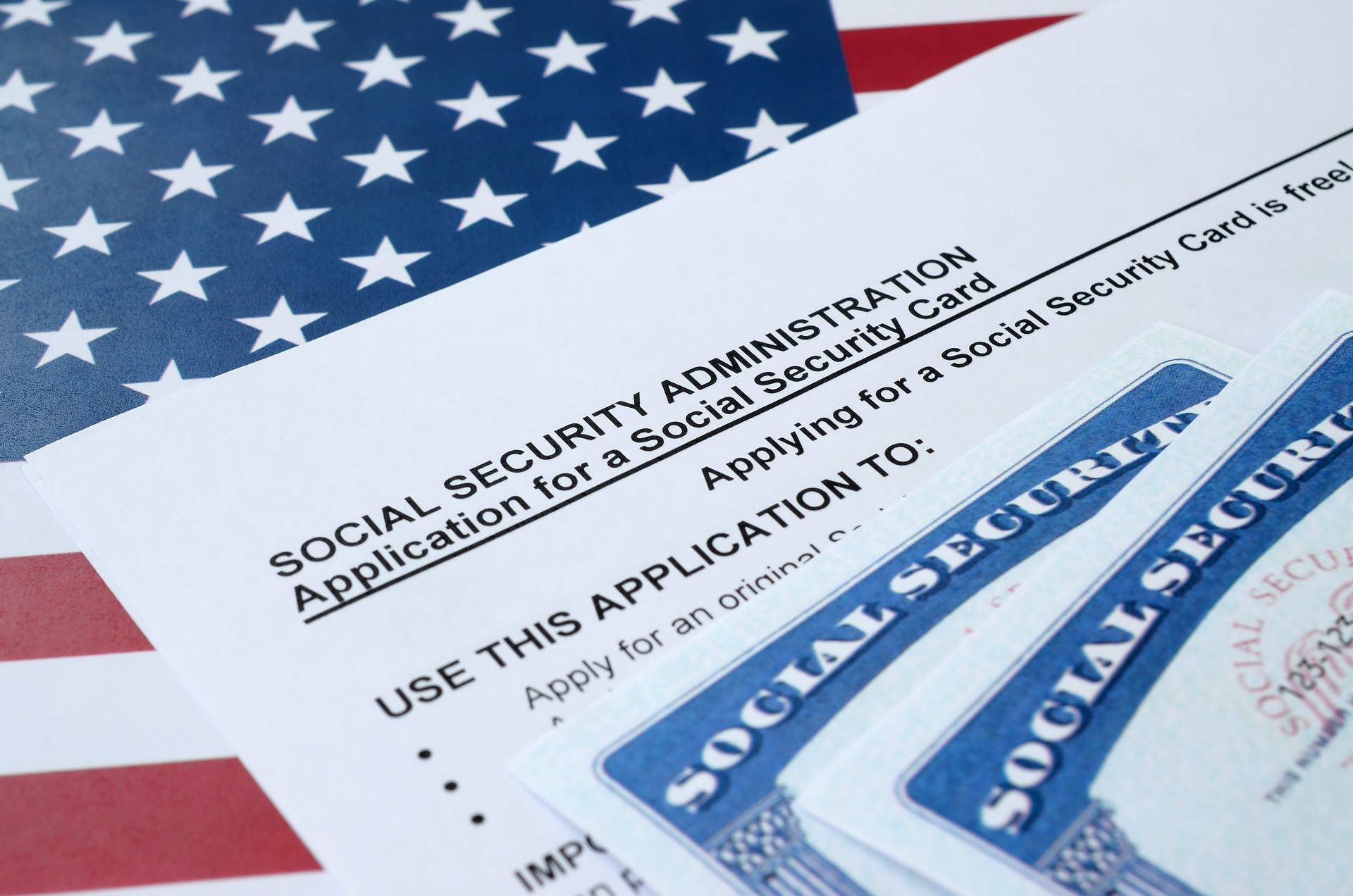
Do U.S. Expats Pay Social Security Abroad? | 2025 Guide
Introduction
When Americans move abroad, most expect a break from U.S. taxes. Then they discover the IRS still requires a return. But what about Social Security — do you still pay into the system while living overseas?
The answer depends on who employs you, whether your host country has a treaty with the U.S., and if you’re self-employed. In some cases, you’ll keep paying into Social Security; in others, you’ll pay only into your host country’s system.
Here’s how Social Security works for expats in 2025.
1. Social Security Basics
Social Security is funded by payroll taxes, separate from federal income tax.
- Employees (in the U.S.): 6.2% Social Security + 1.45% Medicare, with employer matching.
- Self-employed: Full 15.3% (12.4% Social Security + 2.9% Medicare).
👉 These contributions count toward future retirement, disability, and survivor benefits — whether you live in the U.S. or abroad.
2. Working Abroad for a U.S. Employer
If you’re employed by a U.S. company while living overseas:
- Your wages are typically subject to U.S. Social Security and Medicare withholding.
- Your employer continues reporting and paying payroll taxes to the IRS.
- Exception: If your host country has a totalization agreement and you get a certificate of coverage, you may be exempt from U.S. contributions.
Example:
Sarah, a U.S. citizen living in Spain but employed by a New York tech firm, still has FICA taxes withheld unless she qualifies for exemption under the U.S.–Spain agreement.
3. Working for a Foreign Employer
If you work directly for a foreign company:
- In most cases, you pay into that country’s social insurance system.
- You are usually not required to contribute to U.S. Social Security — unless you also have U.S. income or self-employment.
- Whether your foreign contributions count toward U.S. credits depends on whether your country has a totalization agreement.
Example:
Michael, employed by a Canadian bank in Toronto, contributes to the Canada Pension Plan (CPP) and not to U.S. Social Security.
4. Self-Employed Expats: The Double Tax Trap
Self-employed Americans abroad often face the toughest rules:
- By default, they owe the full 15.3% U.S. self-employment tax — even if they already pay high income taxes in their host country.
- FEIE and Foreign Tax Credits do not reduce or eliminate self-employment tax.
Exception: If the U.S. has a totalization agreement with your country, you may be required to contribute only to the local system (and can be exempt from U.S. contributions if you obtain a certificate of coverage).
Example:
Lisa, a U.S. freelance designer in Germany, would normally owe 15.3% self-employment tax. But under the U.S.–Germany agreement, she can instead contribute only to German social insurance.
5. Totalization Agreements
The U.S. has totalization agreements with over 30 countries, including Canada, the UK, Germany, France, Japan, and Australia.
Purpose:
- Prevents dual contributions to both U.S. and foreign systems.
- Allows credits from both systems to be combined to qualify for benefits.
How it works:
- If employed abroad, you typically pay into one system (not both).
- If self-employed, the agreement decides which country’s system you pay into.
- You’ll need a certificate of coverage to prove your exemption from the other country’s system.
👉 If your country does not have an agreement, you may be required to contribute to both systems — one of the toughest expat tax burdens.
6. Qualifying for U.S. Benefits Abroad
To qualify for Social Security benefits, you generally need 40 credits (about 10 years of work).
- Work for a U.S. employer abroad or pay U.S. self-employment tax → credits count as if you worked in the U.S.
- Work in a totalization country → your foreign credits can be combined with U.S. credits to qualify.
Example:
Six years of work in the U.S. + six years in Germany → combined under the U.S.–Germany agreement to qualify for benefits in both systems.
7. Receiving Benefits While Abroad
Most U.S. citizens can receive Social Security benefits while living abroad.
- Payments continue in Canada, the EU, Australia, Japan, and most other countries.
- Exceptions: The SSA restricts payments to certain countries like North Korea or Cuba.
👉 Always confirm with SSA whether benefits can be paid to your specific country.
8. What About Medicare?
Here’s a harsh reality: Medicare generally does not cover services outside the U.S.
- You may still pay into Medicare while working abroad (through FICA or self-employment tax).
- But unless you return to the U.S. for treatment, you can’t use Medicare benefits overseas.
👉 Many expats maintain local health coverage instead, and some keep paying into Medicare as a hedge in case they return to the U.S. later.
9. Planning Tips for Expats
- Check your country’s treaty status. If your country has a totalization agreement, use it to avoid double contributions.
- Get a certificate of coverage. Without it, you could be forced to pay into both systems.
- Track your U.S. credits. Make sure you’re on pace for 40 credits toward U.S. benefits.
- Consider future retirement location. If you plan to return to the U.S., continuing contributions may be worthwhile.
- Don’t forget self-employment tax. Even if you exclude income under FEIE, you may still owe 15.3% unless exempt by treaty.
Conclusion
So, do U.S. expats still have to pay Social Security?
- Yes, if you’re self-employed abroad without a treaty, or working for a U.S. employer overseas.
- No, if you’re employed by a foreign employer in a treaty country, or exempt under a totalization agreement.
- Maybe both, if you’re in a non-treaty country — meaning contributions to both systems could apply.
The key is knowing your employment situation, your host country’s treaty status, and how credits build toward future benefits.
📌 Final takeaway: You may leave the U.S., but Social Security often follows you. Plan carefully to avoid paying twice and to maximize the benefits you’ll receive in retirement.
Stay Ahead of Tax Season
Join the EdgeLetter our monthly newsletter with quick tax tips, expat deadlines, and freelancer reminders.
.png)
.png)

























.png)